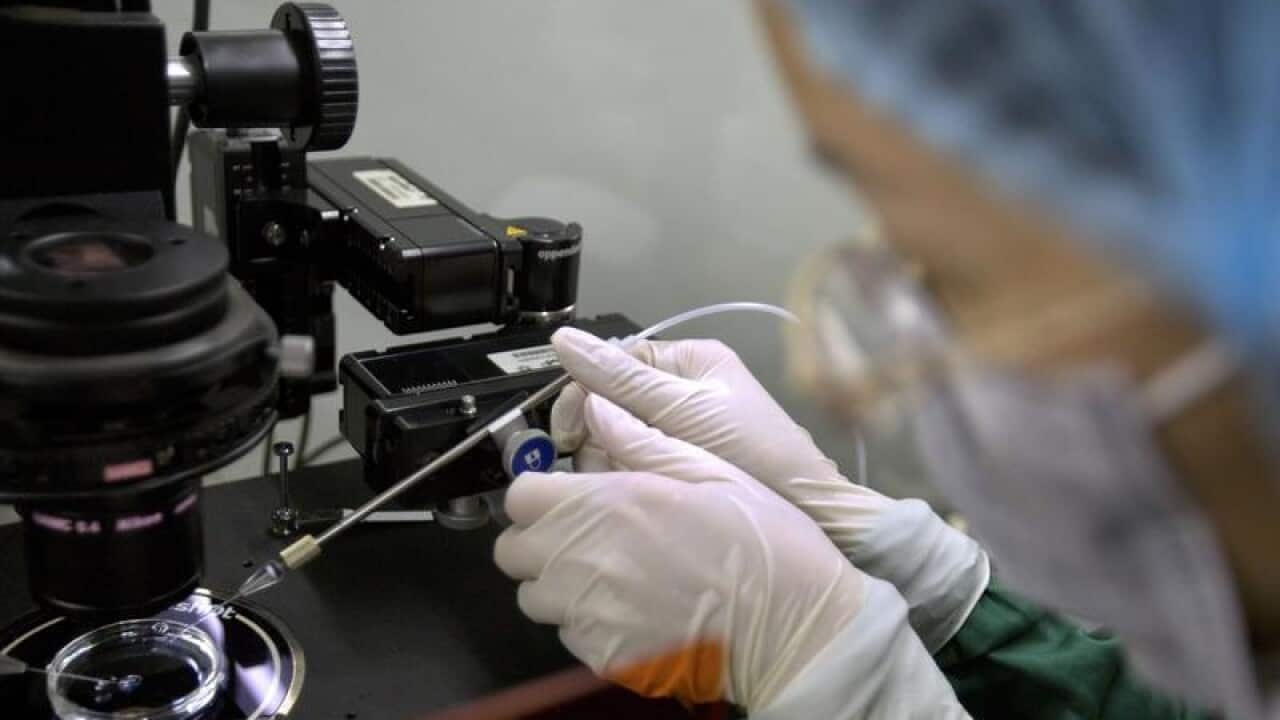A central registry of human gene editing research plans should be set up to ensure transparency, World Health Organisation (WHO) experts say
After its first two-day meeting in Geneva, WHO's panel of gene editing experts on Tuesday said it would be irresponsible for any scientist to conduct human gene-editing studies on people.
The panel - which was established in December after a Chinese scientist claimed to have edited the genes of twin babies - said it had agreed a framework for setting future standards.
It said a central registry of all human genome editing research was needed "in order to create an open and transparent database of ongoing work," and asked WHO to start setting up such a registry immediately.
"The committee will develop essential tools and guidance for all those working on this new technology to ensure maximum benefit and minimal risk to human health," WHO chief scientist Soumya Swamanathan said in a statement.
The Chinese scientist's claim that he edited the twin baby girls' genes prompted global condemnation, in part because it raised the ethical spectre of so-called "designer babies" in which embryos can be genetically modified to produce children with desirable traits.
Top scientists and ethicists from seven countries called last week for a global moratorium on gene editing of human eggs, sperm or embryos that would result in such genetically-altered babies - saying it "could have permanent and possibly harmful effects on the species".
The WHO panel's statement said any human gene editing work should be done for research only, should not be performed in human clinical trials, and should be conducted transparently.
"It is irresponsible at this time for anyone to proceed with clinical applications of human germline genome editing," it said.
WHO director-general Tedros Adhanom Ghebreyesus welcomed the panel's initial plans.
"Gene editing holds incredible promise for health, but it also poses some risks, both ethically and medically," he said in a statement.
The committee said it aims over the next two years to produce "a comprehensive governance framework" for national, local and international authorities to ensure human genome editing science progresses within agreed ethical boundaries.
Share

